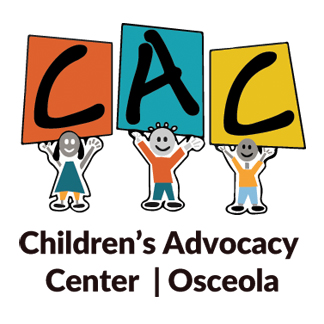Child Abuse FAQ’s
What are the major forms of child abuse?
- Physical abuse – Any non-accidental injury to a child. This includes hitting, kicking, slapping, shaking, burning, pinching, hair pulling, biting, choking, throwing, shoving, whipping, and paddling.
- Sexual abuse – Any sexual act between an adult and child. May also occur between children. This includes fondling, oral sex, intercourse, exploitation, pornography, exhibitionism, child prostitution, or forced observation of sexual acts.
- Neglect – Failure to provide for a child’s physical needs. This includes lack of supervision, inappropriate housing or shelter, inadequate provision of food, inappropriate clothing for season or weather, abandonment, denial of medical care, and inadequate hygiene.
- Emotional abuse – Any attitude or behavior which interferes with a child’s mental health or social development. This includes yelling, screaming, name-calling, shaming, negative comparisons to others, telling them they are “bad, no good, worthless” or “a mistake”. It also includes the failure to provide the affection and support necessary for the development of a child’s emotional, social, physical and intellectual well-being.
What are the Indicators of Possible Abuse?
Please note that the listed indicators in each category may pertain to more than one type of abuse or neglect. For example, “lack of concentration” could be a sign of sexual abuse, as well as emotional abuse.
PHYSICAL ABUSE
- Unexplained burns, cuts, bruises, or welts in the shape of an object
- Bite marks
- Anti-social behavior
- Problems in school
- Fear of adults
EMOTIONAL ABUSE
- Apathy
- Depression
- Hostility or stress
- Lack of concentration
- Eating disorders
SEXUAL ABUSE
- Inappropriate interest or knowledge of sexual acts
- Nightmares and bed wetting
- Drastic changes in appetite
- Overcompliance or excessive aggression
- Fear of a particular person or family member
NEGLECT
- Unsuitable clothing for weather
- Dirty or unbathed
- Extreme hunger
- Apparent lack of supervision\
What to do if a child tells you they have been abused?
- Be approachable- ready to talk and listen
- Always remain calm- may reaffirm child’s fears if you appear upset or angry
- Reassure them you are glad they told you
- Don’t make any promises
- Don’t keep it a secret
- Seek the appropriate help immediately
- Call Local Law Enforcement or 1-800-96-Abuse
